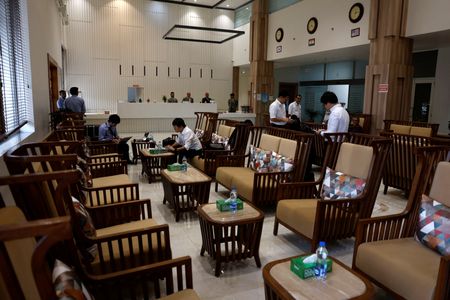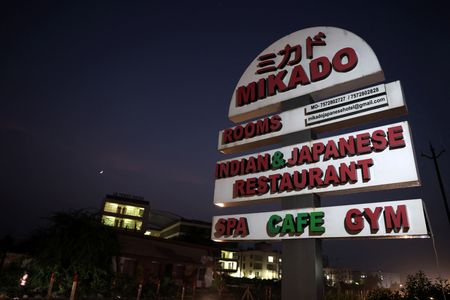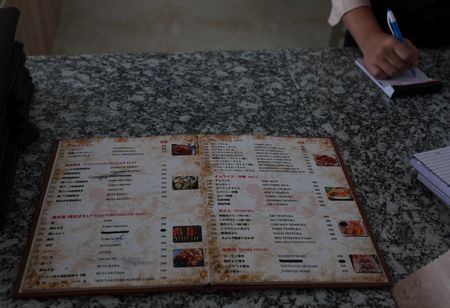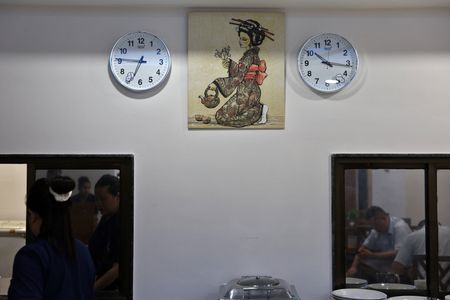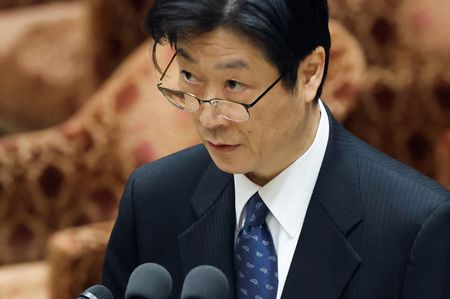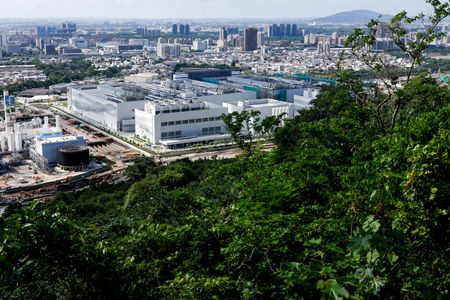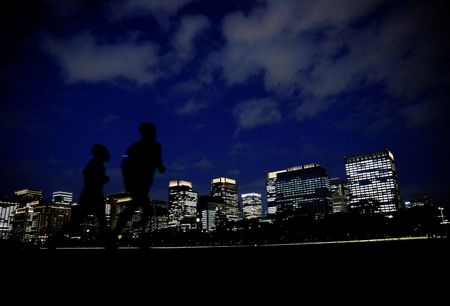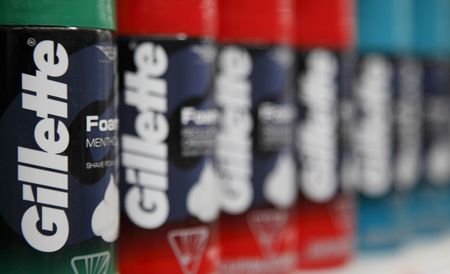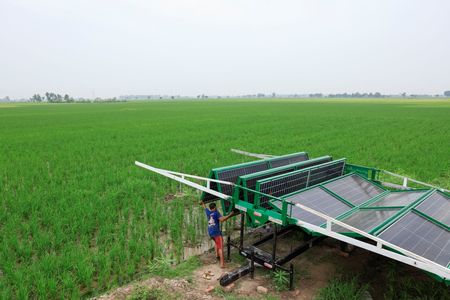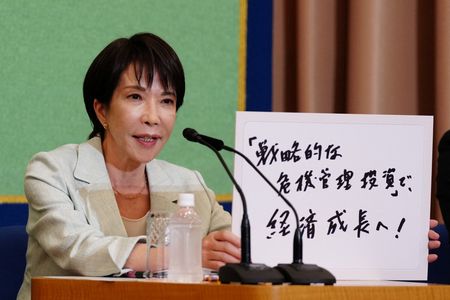By Aditi Shah
VITHALAPUR, India (Reuters) -In India’s Gujarat, eating meat or seafood is frowned upon, but in the state’s dusty industrial town of Vithalapur, hotels with names like Osaka Palace are churning out ramen and tempura – all to please the Japanese auto engineers and managers who now reside in them.
The transformation of Vithalapur’s farmlands, which lie 75 km (46 miles) east of the state capital of Gandhinagar, owes much to increased foreign investment in Indian manufacturing – one of Prime Minister Narendra Modi’s key policy planks.
Honda’s motorcycle unit first started production in Vithalapur nearly a decade ago, while Suzuki has an eight-year-old plant that started rolling out its first electric cars in August. A bevy of auto-related suppliers and other industrial Japanese companies have also set up shop.
Direct investment from Japan in India hit $2.5 billion for the year ended March 31, an increase of 27% from four years ago, government data shows, with much of it going towards the auto and electronics sectors.
Not far from Vithalapur’s factories, Mizuki Ryokan and Midori are among half a dozen highway hotels that are thriving, home to Japanese staff now in India on multi-year contracts. Such has been the town’s growth that Hyatt is set to open a 108-room property this year.
But coming to Gujarat, Modi’s home state, can pose a major cultural shock for many Japanese. Many Gujaratis are very strict about practicing vegetarianism due to Jain and Hindu religious and cultural beliefs. The state is also one of a small number of Indian states that ban alcohol, making only a few tightly regulated exceptions for foreigners.
Early efforts by Japanese expats to acclimate in regular housing in nearby cities did not pan out, with the lack of easy access to meat and fish often proving too much.
The 110-room AJU Imperial, where AJU stands for All Japanese Utility, seeks to provide home comforts like signage in Japanese, sushi made with fish imported from as far as Australia and Toto washlet toilets – an expensive indulgence by Indian standards.
“We wanted to give people the comfort of place and food so they can focus on work,” said Prakash Yadav, founder and managing director of the hotel, which hosts around 100 expats at any one time.
But the state’s restrictions on alcohol consumption remain a challenge for expats, said Yadav.
To enjoy liquor, Gujarat requires foreigners and hotels to obtain special government permits, which are issued after a lengthy process and need to be renewed often. Even then, the amount they can buy each month is rationed.
Yadav has been waiting for an alcohol permit since 2019 so he can set up a liquor store in his hotel.
“Until we get a license, guests have to drive three hours to Ahmedabad city to buy their monthly stock.”
(Reporting by Aditi Shah; Additional reporting by Aditya Kalra in New Delhi and Daniel Leussink in Tokyo; Editing by Edwina Gibbs)

